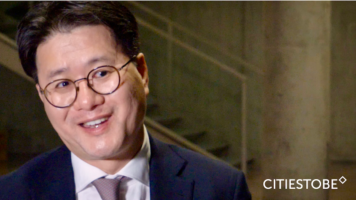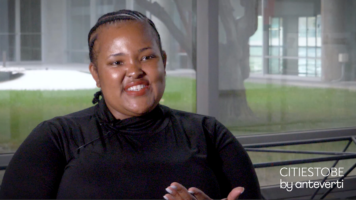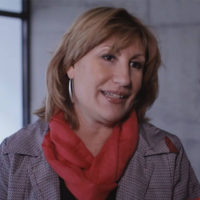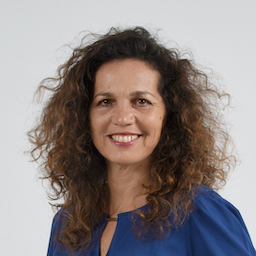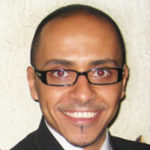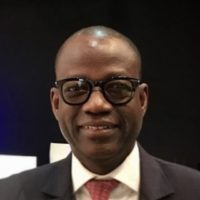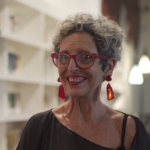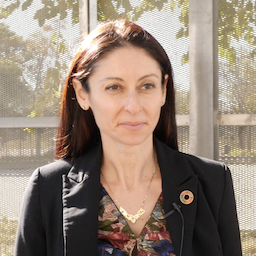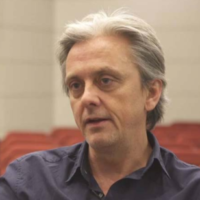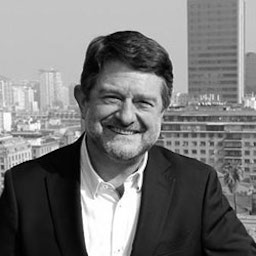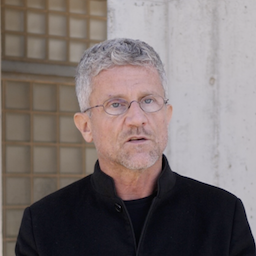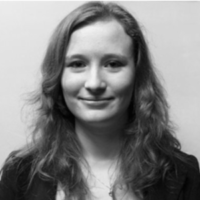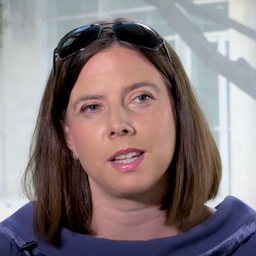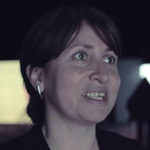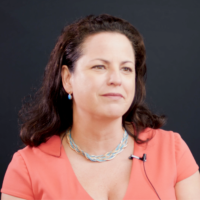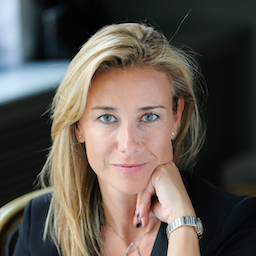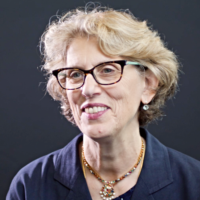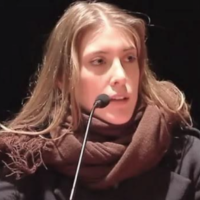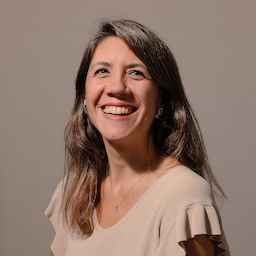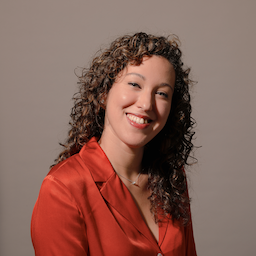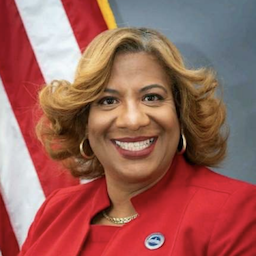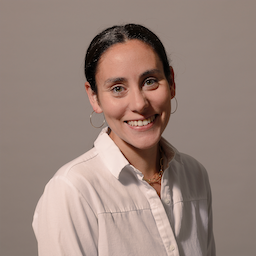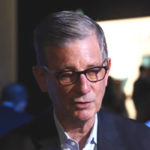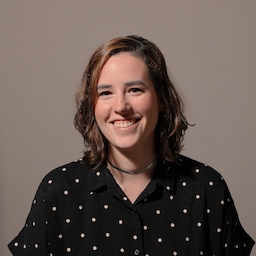Martin Brynskov: «The way cities are organized is 200 years old»
By | 2020
Is urban management able to keep up with a fluid context of incessant digitization and increasingly interconnected urban challenges? For Martin Brynskov, «the way in which cities are organized as organizations is 200 years old: different silos do different things – roads, education, health – while, with digital transformation, the data cuts across». We are, therefore, at a turning point that requires a reorganization of cities to ensure that the decisions made about their management make them work «as a whole.»
This is what promotes the global network of cities chaired by Martin Brynskov, Open & Agile Smart Cities. To our question about what an open and agile smart city is in essence, his answer is clear: «It’s just a city that is trying to do its best with digital technologies.» And that implies using them to find a balance between two priorities: the commitment to openness and transparency towards its citizens and partners and the need to stimulate innovation in an agile and flexible environment. Helsinki, the capital of Finland, or Saint-Quentin, a city of just 56,000 inhabitants in northern France, are heterogeneous examples of cities that, according to Martin Brynskov, are leading the way.
However, «digital technologies don’t care [about differences between cities]: they treat all cities the same,» Brynskov tells us. Therefore, further research will be necessary to improve these technologies and make them relevant for all cities – in their diversity. But, above all, without losing sight of their purpose, which is none other than to continue making urban areas vectors of prosperity and well-being for people. In that process, «one of our biggest challenges is actually not destroying much of what has already been working in cities for 1000 years, 2000 years or maybe even longer,» he concludes.
Interview, text and edition by Sergio García i Rodríguez,
Communications Manager at Anteverti & CitiesToBe Executive Editor
Video by Eloy Calvo
⚙️ To Martin @Brynskov, Chair of @oascities, «#Cities are diverse, but #DigitalTechnologies treat them all in the same way.» How does this impact on #UrbanManagement and what can be expected? | via #CitiesToBe & @anteverti Click to tweet
About the authors
Martin Brynskov, Ph.D., is Chair of Open & Agile Smart Cities (OASC), a global network of non-profit cities based in Brussels, Belgium, whose common purpose is to improve the quality of life of their citizens through of innovation and technology. At the same time, Brynskov is associate professor in interaction technologies at Aarhus University in Denmark, director of the Digital Design Lab, co-director of the Digital Living Research Commons, Chair of the Danish Standards Committee on Smart Cities & Communities, founder of the Danish Smart City Network, coordinator of SynchroniCity, NGIoT and OrganiCity, co-founder of Smart Aarhus and research fellow at Participatory IT Centre and CAVI.
Working with municipalities, journalists, artists and industrial partners, he investigates the consequences of digitization and explores new forms of mediation within a variety of domains with special focus on the role of social interaction, materials and interfaces. He also holds an MA in information studies and classical Greek.






